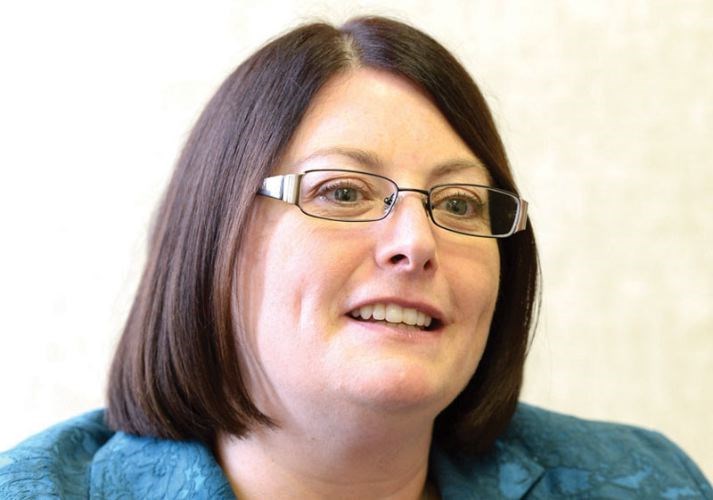Administration cuts are just the beginning of budget concerns the school board's finance committee was set to discuss Monday afternoon as it prepares to balance its books by June.
District 57 was already facing a $1 million deficit when the province called on school boards to save $29 million this year.
Last week the board learned that translates to a further $727,000 to be taken from administration, said board vice-chair Brenda Hooker, a hit compounded by per-student funding shortfalls and cuts to adult basic education.
"The system needs more money. We can't absorb any more cuts. We're bare bones" said Hooker, adding announced increases to per-student funding cover just the cost of the new teacher's contract.
But the district may not see the per-student funding it is owed this year, said Hooker, in part due to a decision to put some of that money toward upgrades to internet access for schools.
The province holds back the entirety of per-student funding owed to schools to allow for enrolment changes and student transfers between district, then pays up at the end of the school year.
Hooker estimates that pay-out will fall short by about $570,000.
While better internet access benefits students, Hooker said the school boards would prefer the cost come out of additional funding.
"It's almost like double speak because on one hand they're saying that we have to make these cuts out of administrative savings and we can't affect the classroom by them but on the other hand, they're taking part of per-student funding and applying it to capital (costs)."
This time last year, the district was facing a $5 million deficit. So it cut departments and pulled $3.2 million from its surplus, which now sits at $6.6 million. The finance committee should present its recommended budget to the board at the April 28 meeting.
It must also consider a further $200,000 typically attached to adult basic education, which the province announced it would no longer fund in December. Some of that amount could be made up if the district starts charging fees for the upgrade courses, which is another decision before the board.
But Hooker noted rural schools in Valemount, McBride and Mackenzie often don't have enough enrolment to offer a Chemistry 12 course, for example, and that the new system unfairly punishes rural students.
Hooker said she's not clear if the province's definition of administrative cuts is exclusive to the board office or if it stretches to administrative staff at the school level.
"We already have an extremely lean district office," she said.
It represents about five per cent of the district's approximately $118 annual operating budget.
Hooker also pointed to the "co-operative gains" bargaining mandate as another cost pressure, after the 2013 negotiated a settlement with CUPE workers increased that line item without additional funding.
For Prince George, that added up to about $900,000, she said.
Boards are expected to cut a further $25 million in the next two years, creating a future of funding pressures.
Hooker said it's too early to say whether school closures will be on the table again. District 57 has closed 24 schools since the early 2000s, with the most recent closures in 2010.
"The challenge is this district has already done that," said Hooker. "We've already upheaved families and schools and parents. By making those cuts in 2010, we thought we got to where we're sustainable but we hadn't planned on the increasing cost pressures, and unfunded negotiated labour settlements and continued erosion of our funds."
Hooker said school boards have been doing a good job of voicing opposition to provincial approaches to education funding.
"I think it's been received loud and clear but it hasn't affected (the government's) behaviour."
The board needs to be careful, she said, pointing to the Vancouver School Board where a special advisor has been appointed to audit its budget.
"It's a fine line between really expressing our frustration and concern about this and having someone else step in and the board being replaced."

.png;w=120;h=113;mode=crop)

